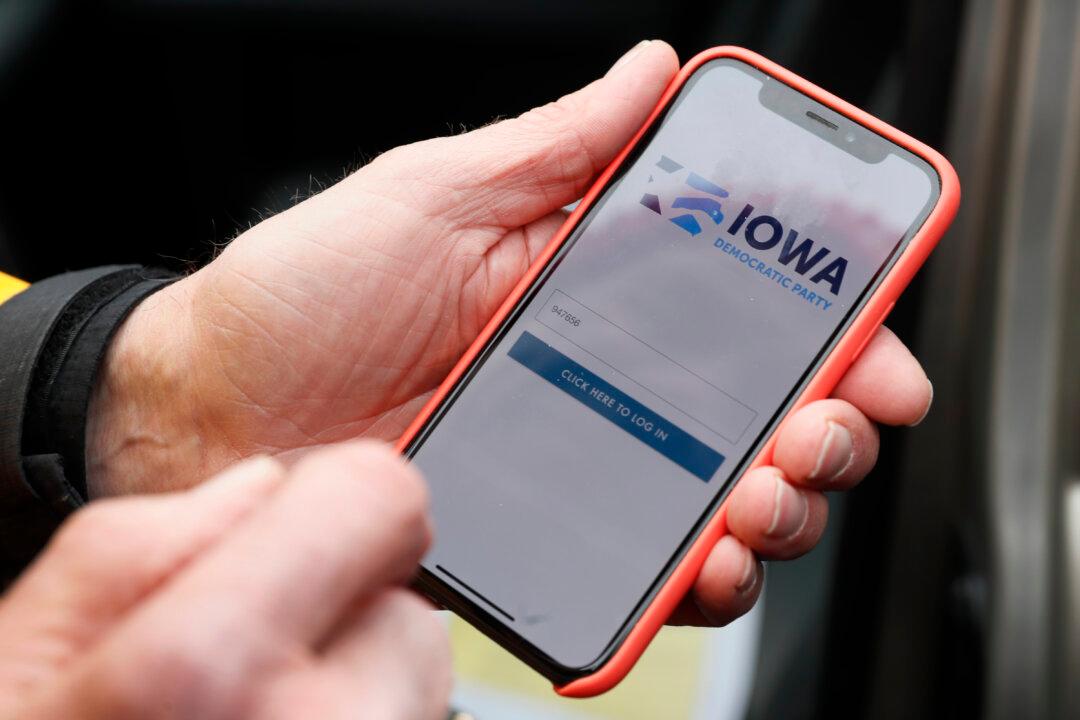The Nevada Democratic Party said it won’t be using the application blamed for delays in compiling the caucus results in Iowa.
“NV Dems can confidently say that what happened in the Iowa caucus last night will not happen in Nevada on February 22,” William McCurdy II, chair of the Nevada Democratic Party, said in a statement on Feb. 4. “We will not be employing the same app or vendor used in the Iowa caucus.”





